Supply Chain Management & Logistics is a field that deals with the sourcing of raw materials and other components needed by businesses to make their products. The people who work in Logistics are focused on improving the efficiency of supply chains in order to guarantee the fastest delivery. This is achieved by efficient planning that helps companies reduce the amount of inventory they have and also storage costs.
Supply Chain Management & Logistics is a multidisciplinary area that incorporates concepts drawn from Industrial Engineering, Systems Engineering, Operations Management, Logistics, Procurement, Information Technology, and Marketing.
The courses you'll study will cover the needs of markets, planning techniques as well as the control of the flow of supply. As students, you'll learn the way supply chains across the globe and international and national markets operate. Additionally, you will be taught about e-commerce and discover ways to utilize this information to make strategic choices in the source.
In addition, you'll develop abilities such as research, analysis negotiations, problem-solving, and negotiation. Being able to stay at peace under pressure, and improvise to adapt and make crucial decisions is always a great way to gain an advantage in the area of Logistics Management. Once you've learned how to manage suppliers and negotiate to make things go according to plan and efficiently, your career will expand and you'll discover new avenues to develop.
A Master's or Bachelor's level degree or a Master's degree in Supply Chain Management & Logistics will enable you to get positions as a project manager, analyst for industry or global logistics manager transportation director or supply chain consultant, and many more.
Eligibility:
Candidates who want to take admission in Ph.D. must have a post-graduate degree in logistics and supply chain management with at least 55% marks from a recognized university and must have passed the national level entrance examination or university level entrance examination. National level entrance exams like UGC NET / UGC CSIR NET / GATE / SLET or University entrance exams consist of written tests and personal interviews.
The benefits of this program
A practical program that helps you prepare for leading roles
The most important positions within the supply chain and logistics sector all require "big picture" responsibilities and an element of leadership. Graduate education is among the best instruments available to professionals who want to improve their abilities in leadership and technology.
In today's world of logistics, professionals need to have a solid global environment and a data science base. Graduate programs will provide in-depth information on the use of data analytics, process optimization logistics strategies as well as international logistics, and more. In addition, you'll get the chance to develop effective communication and collaboration skills, as well as negotiation and team management abilities that are essential to becoming a great leader.
Enhance Your job's security
A graduate degree that is specialized enhances your job security. Recent events around the world have taught us that even in the midst of economic instability the supply chain and logistics industries is thriving. Food is a necessity for people and other essential items even during pandemics and natural catastrophes. Professionals in the field of business are more likely to have jobs that are secure because they are always highly sought-after.
Higher earning potential
This competitive advantage can lead to better-earning opportunities, particularly when pursuing higher-level positions. Indeed, according to research conducted by Salary.com, Lead Logistics Analysts are paid an average of more than 100,000 dollars per year, which is at minimum, a jump of 150% from mid-level or entry-level positions.
It is also possible to pursue executive or C-suite-level posts that can also pay the highest salaries in a company.
Find out the most recent technology in the industry
One of the biggest benefits of a graduate degree is that the MSLSCM program will offer an innovative and relevant curriculum based on technology. The courses are created to give you hands-on experience with the most recent technology available in the business, including SAP, Salesforce, Magaya, SPSS, and Excel.
You will be taught how to make use of modern technology to collect data, access, organize the data, analyze and utilize the huge amount of information available in the global transport and logistics market.
Get ready for certifications
Certifications play a crucial role in all industries and every field. There is a broad range of certificates available to people working in supply chains and logistics. These include:
Certified Supply Chain Professional (CSCP)
Certified in Production and Inventory Management (CPIM)
Certified Professional in Supply Management (CPSM)
Certified in Logistics, Transportation, and Distribution (CLTD)
SCP Council of Supply Chain Management Professionals (CSCMP)
Certified Professional Logistician (CPL)
The course of graduate programs will prepare professionals to take part in supply chain and logistics certification tests.
Create a strong network
The benefit of a specialist supply chain and logistics management course, as opposed to that of an undergrad or MBA program the main reason is that your syllabus will be primarily that are based on the supply chain and logistics. In addition, you'll be able to access an amazing list of professors, with impressive resumes.
For instance, FIU's MSLSCM program is taught by instructors with extensive knowledge of the business who have held senior roles within Microsoft, FedEx, Bacardi, HP, Assurant, Farm Stores, Motorola, AeroThrust, Amazon, etc. Some have run their own shipping, distribution, and import/export businesses.
As well as interacting with the faculty members, you'll also have the opportunity to interact with professionals working in the industry with a range of companies, making your classroom experience more engaging and valuable.
Every institution requires items and services to function. Experts with a Ph.D. in Supply Chain Management are needed as leaders by every business. It is possible to ensure that the required components leave their source and arrive at their final destination.
The doctoral program will combine fundamental business administration classes and supply chain management courses. It blends research, scholarship as well as management research. It is an international economy. Effective competition requires expertise, know-how, and an understanding of the latest trends, models, and new discoveries.
A doctorate degree in Supply Chain Management could help you climb the ranks in your current job or move to a growing field.
Opportunities for career and employment
Logistics and supply chain programs allow students to teach business-related classes at four-year colleges as well as universities. Business teachers comprise around 8 percent of the postsecondary teaching job market. The degree helps students prepare for leadership positions in supply chain management and logistics.
Chief operating officer:- COOs are considered the second-highest-ranking member of an organization, serving directly beneath the CEO. COOs assist in the establishment of the company's policies and procedures and collaborate with managers to ensure that the day-to-day activities are in line with these standards. Many COOs holds master's degree in business-related fields.
Director of operations:- Directors of operations supervise employees to ensure that they are efficient. Directors may be involved in research, purchasing, and development. Directors are also required to frequently negotiate with sellers and vendors. The majority of director of operations jobs require post-secondary education and a long period of work experience.
Postsecondary business teacher:- Teachers from postsecondary institutions teach business-related courses in universities and colleges. Although faculty members usually use curricula provided by the state and schools, however, they are generally in charge of creating their own lesson plans. Some schools require business teachers to be doctoral-level.
Course Duration:
The Ph.D. logistics and supply chain management courses are a minimum of 3 years and a maximum of 5 duration. This depends on the university offering the course.
Course Fees:
The average fee for a Ph.D. logistics and supply chain management degree is between INR 50000 and INR 500000.
 5 Years
5 Years
 PhD
PhD
 Research
Research








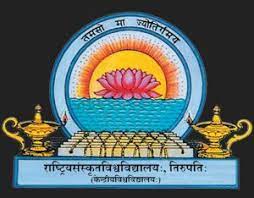
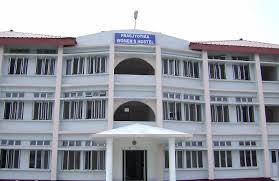
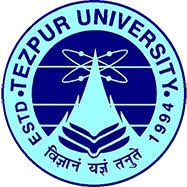
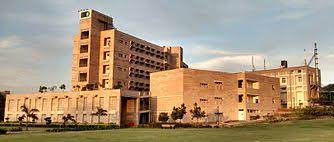



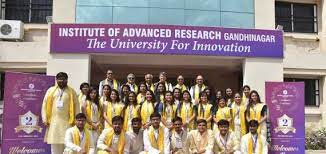
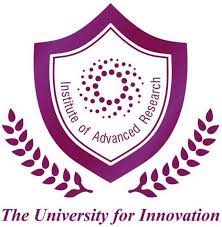


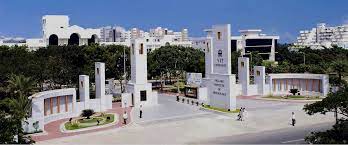
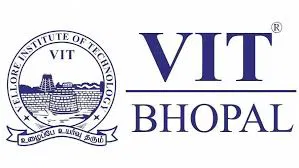

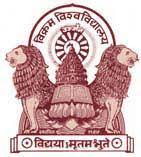
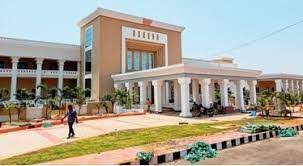


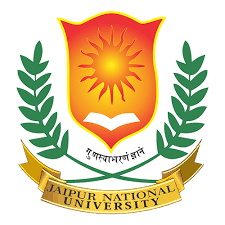
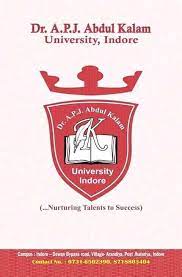

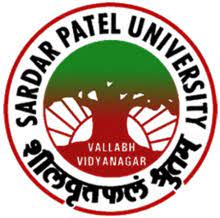



 back
back